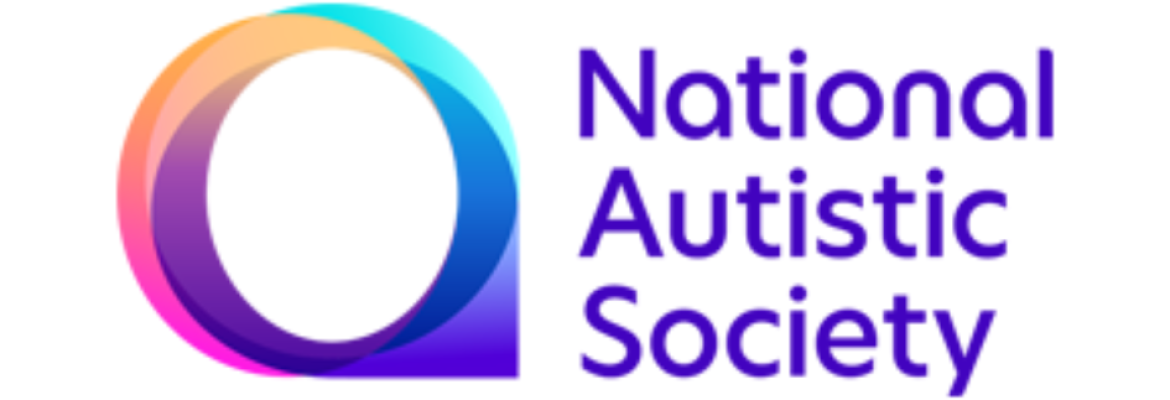The National Autistic Society (NAS) is the UK’s leading charity for people with autism. It provides support and services to autistic people and their families and works to raise awareness and understanding of autism.
The NAS was founded in 1962 by a group of parents of autistic children. At the time, autism was poorly understood and there was little support available for autistic people and their families. The NAS has played a vital role in changing this.
Today, the NAS provides a wide range of services to autistic people and their families. These include support groups, advice and information, and training for professionals. The NAS also campaigns for the rights of autistic people and works to improve the quality of their lives.
In recent years, the NAS has made significant progress in raising awareness and understanding of autism. However, there is still more work to be done. Autistic people continue to face discrimination and prejudice in many areas of society.
The NAS is playing a leading role in challenging these negative attitudes and creating a more inclusive society for autistic people.
The NAS is an important charity because it provides vital support and services to autistic people and their families. Autistic people often face challenges in many areas of their lives, such as education, employment, and social interaction. The NAS helps autistic people to overcome these challenges and to live full and meaningful lives.
The NAS also plays an important role in raising awareness and understanding of autism. Autism is a complex condition that is often misunderstood. The NAS helps to dispel myths and misconceptions about autism, and to create a more inclusive society for autistic people.
There are many ways to support the NAS. You can make a donation, volunteer your time, or raise awareness of the NAS’s work. You can also support the NAS by buying products from its online shop or attending its fundraising events. Every little bit helps. By supporting the NAS, you can help to make a difference in the lives of autistic people and their families.


